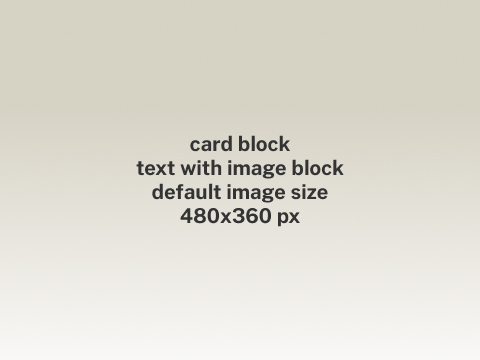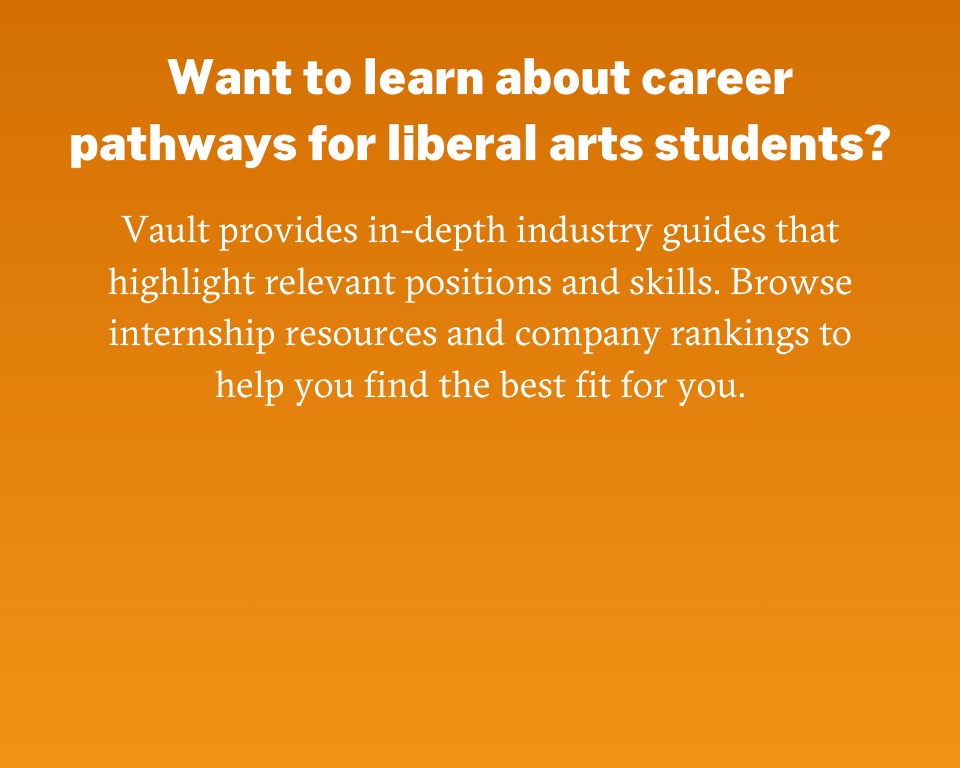Home
_105.png)
Edit Headline Text
Edit Subhead Text
Welcome to Liberal Arts Career Services, where our goal is to help liberal arts student translate their liberal arts education into a world of opportunities. To schedule an appointment with a career coach or browse job & internship postings, please sign-in via Handshake. Learn more about scheduling an appointment here.

Handshake
Through Handshake, students can make an appointment with a career coach, connect with employers, view job and internship postings, information sessions, and career fairs.
Learn More








Fall 2023 Career and Internship Fair
This event will host a wide variety of organizations hiring for multiple roles coming to campus to recruit you!
Register Here
Fall 2023 Law Fair
UT Law Fair will host law schools from across the nation. We welcome students at any phase of the pre-law process, including students who are considering attending law school.
Register Here







Click here to see more events!

This caption describes the image above.

Our Office
Meet the Liberal Arts Career Services team and learn about our services and engagement opportunities.
Learn More













